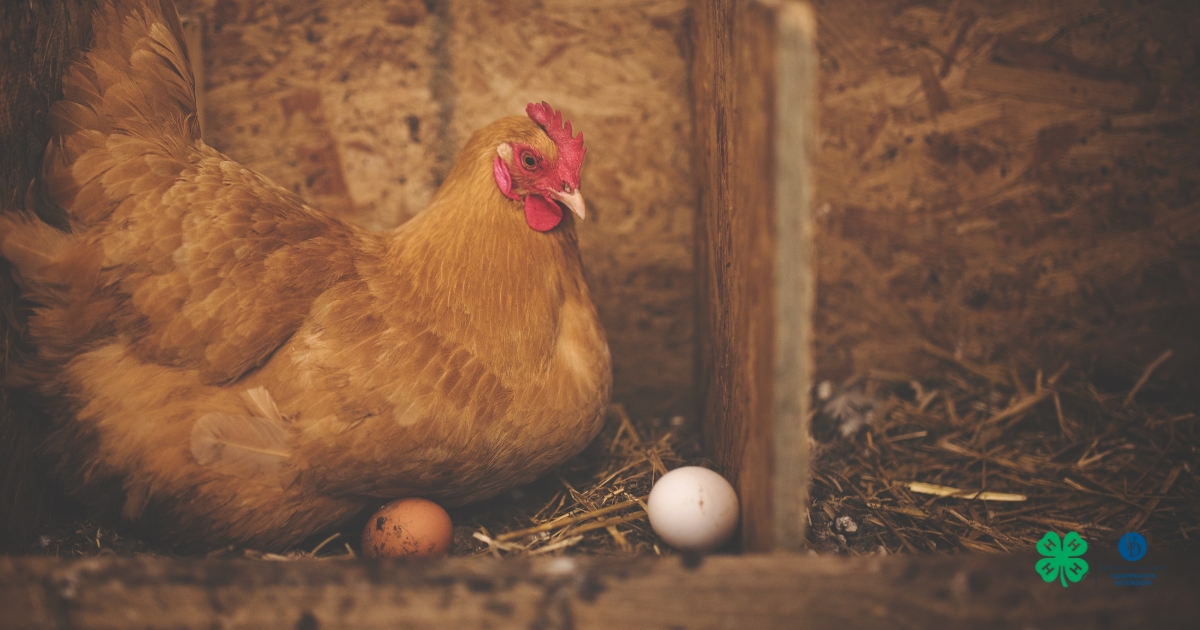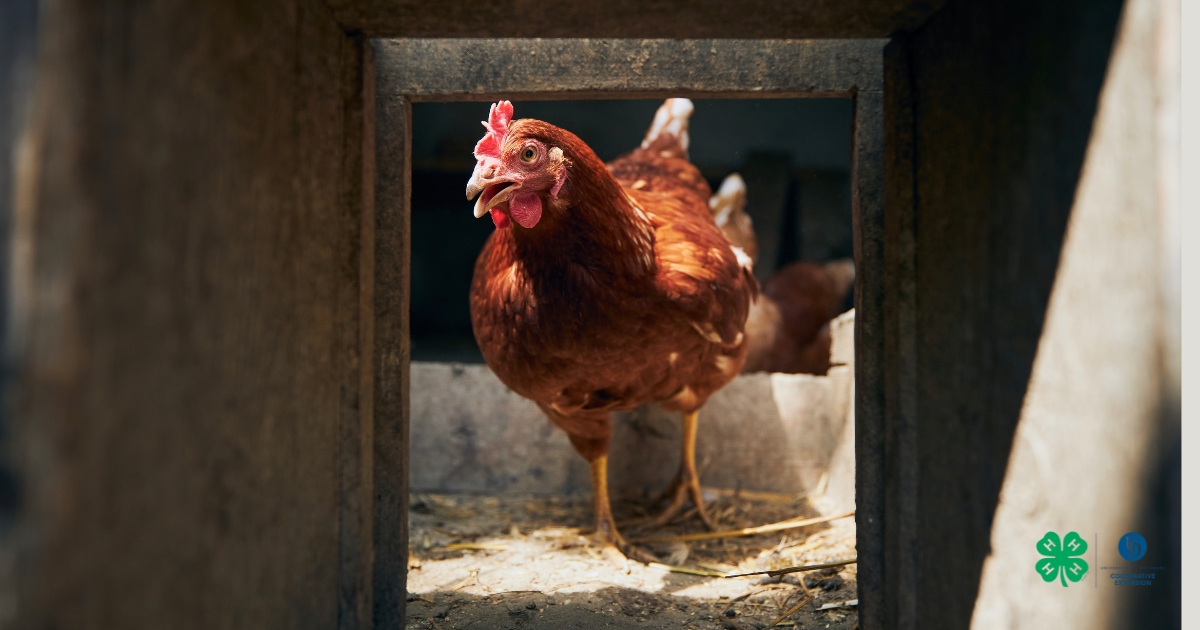
Fact Sheets And Publications
- Ask Extension
- Health & Well-being
-
Agricultural Programs
- Agribusiness
- Animal Science
- Beginning Farmer Program
- Commercial Crops
- Commericial Horticulture
- Delaware Soil Testing Program
- Disease Management
- Farm Vitality and Health Project
- Irrigation
- Nutrient Management
-
Insect Pest Management
- Insect Trapping Program
- IPM Hot Topics
- Commercial Field Crop Insect Management
- Commercial Field Crop Disease Management
- Commercial Fruit & Vegetable Crop Pest Management
- EIPM Implementation Projects
- Pollinators
- Research and Extension Demonstration Results
- Brown Marmorated Stink Bug (BMSB) Management, Research, and Resources
- Publications
- Pesticide Safety Education Program
- UD Plant Diagnostic Clinic
- Variety Trials
- Weed Science
- Certified Crop Advisor Program
- Poultry Biosecurity
- 4-H
-
Horticulture
- Climate Variability and Change
- Delaware Soil Testing Program
- Forestry
- Lawn and Garden
- Master Gardeners
- Master Naturalist Program
-
Nutrient Management
- Nutrient Management Certification
- Continuing Education for Nutrient Management
- Nutrient Management Planning Resources
- Commercial Nutrient Handler Resources
- Poultry Litter and Manure Management
- Turf Management
- Agriculture Notebook
- Horticulture Handbook
- Agriculture & Horticulture Handbooks
- Crop Production
- Soil Fertility
- Delaware Climate Change Coordination Initiative (DECCCI)
- Salt Impacted Agricultural Lands

Steam Team: Chicken Daily and Seasonal Care
May 2025 | Written by: Twila Parish-Short, MEd., Science Educator
Daily Routine
Open the coop in the morning to let chickens into their run and check food, water, and bedding. Collect eggs daily to keep nesting boxes clean.
Close and lock the coop at night to protect chickens from predators, as many animals are nocturnal hunters.

Seasonal Adjustments
Summer: Provide shade and cool water to prevent heat stress. You can freeze bottles of water or provide shallow pans for them to stand in on hot days.
Winter: Chickens are hardy, but consider insulating the coop or using a safe coop heater in extremely cold temperatures. Ensure they have access to water that won’t freeze and avoid drafts.
Daily Maintenance
Food and Water: Check that food and water are full and fresh each morning. Clean waterers daily to avoid bacterial growth.
Coop Check: Look over the coop for any signs of damage or potential predator entry points.
Egg Collection: Collect eggs daily to prevent any breakage or buildup in nesting boxes.
Observe Behavior: Spend a few minutes observing your chickens to catch early signs of illness or injury.
UD Cooperative Extension
This institution is an equal opportunity provider.
In accordance with Federal law and U.S. Department of Agriculture policy, Cooperative Extension is prohibited from discriminating on the basis of race, color, national origin, sex, age, or disability.
The University of Delaware is an Equal Opportunity Institution and Provider. Visit UD’s Office of Equity & Inclusion to learn more.
Additional Links
531 South College Avenue Newark, DE 19716 (302) 831-2501
